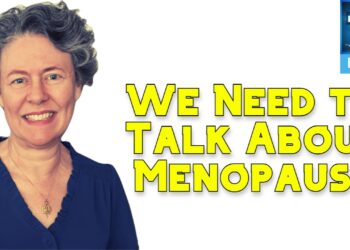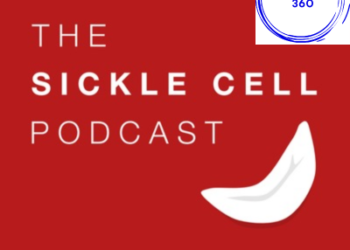Postpartum Depression Podcast
Some women experience postpartum depression (PPD) after giving birth. It consists of a state with a complex mixture of physical, emotional, and behavioral changes. As per the manual (DSM-5) used to diagnose mental illness, PPD initiates within 4 weeks after delivery.
The birth of a baby can trigger various powerful emotions, which might further lead to postpartum depression.
During pregnancy, a mother experiences numerous chemical, social, and psychological changes that modify a mother physically and emotionally.
PPD signs and symptoms
It is difficult to detect PPD as many women experienced these common signs and symptoms.
- Trouble sleeping
- Appetite changes
- Severe fatigue
- Lower libido
- Frequent mood changes
Some symptoms of PPD aren’t common and might cause major depression after childbirth. Postpartum depression symptoms are more intense and severe with a longer duration, so do not confuse them for baby blues.
- Unconcerned about your baby or feeling the lack of bonding with the baby.
- Unnecessary crying all the time, often for no reason
- Depressed mood
- Severe anger and crankiness
- Loss of pleasure
- Feelings of worthlessness, hopelessness, and helplessness
- Thoughts of death or suicide
- Thoughts of hurting someone else
- Trouble concentrating or making decisions
Causes of postpartum depression
Some common reasons that might lead to postpartum depression include:
- If you have a history of depression before conceiving or during pregnancy.
- Getting pregnant at a younger age increases the chances of PPD.
- Ambivalence about the pregnancy
- More Children might cause depression in later pregnancy.
- Family medical history of mood disorders or a history of depression or premenstrual dysphoric disorder (PMDD).
- Experiencing an extremely stressful situation like a job loss or health crisis.
- Having a child with health problems or having twins/ triplets.
- Limited social support during pregnancy and living alone.
- Marital conflict sometimes triggers PPD.
Postpartum Depression Treatment
The treatments of PPD are decided according to the symptoms and their intensity. Treatment options are available in medications for anti-anxiety or antidepressant, psychotherapy, and participation in a support group for health, emotional or educational causes.
In severe cases such as postpartum psychosis addition of drugs used to treat psychosis is necessary, including hospital admission. Consult your doctor for medication if you are breastfeeding.
Under a doctor’s supervision, you can take medication for depression, anxiety, or even psychosis, while breastfeeding. Untreated PPD might be harmful to the mother and the baby.
For more tips on treating PPD, get onboard with Get Healthy 360. Drop us an email at contact@gethealthy360.com to get personal assistance.








